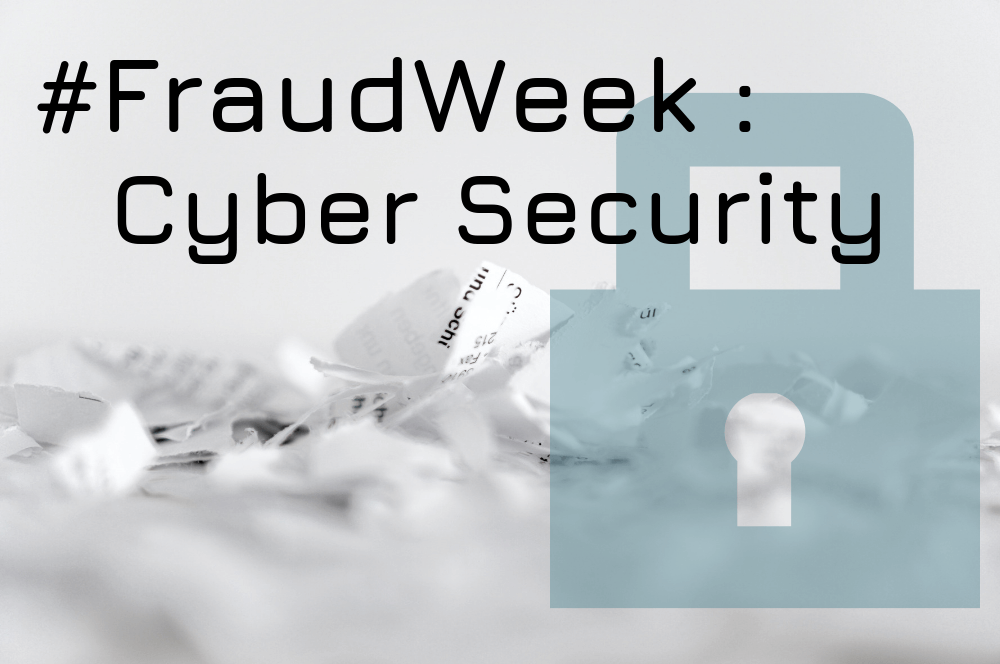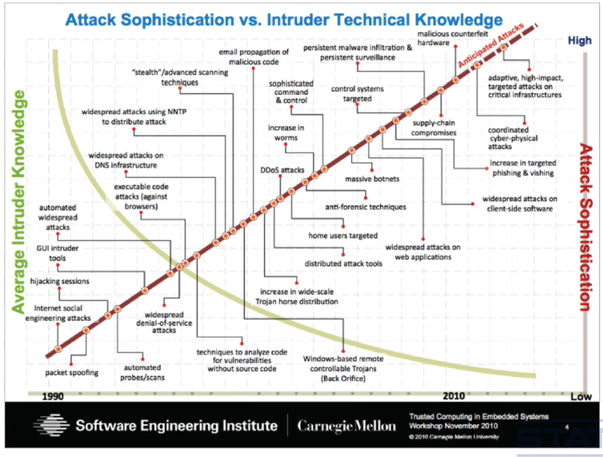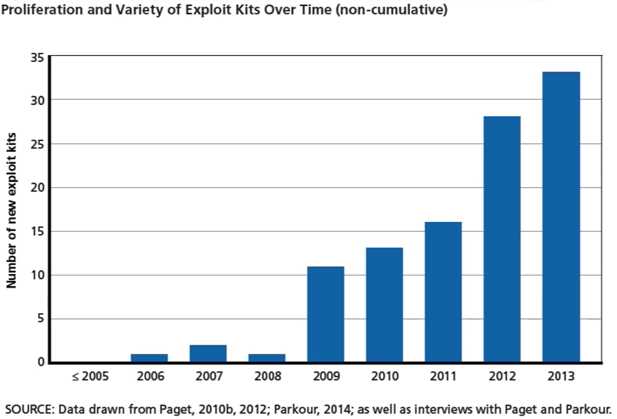
November
16
#FraudWeek - Cyber Security
November 16, 2018 - It is very likely that your business has experienced some form of cyber attack. Were you prepared?
In 2017, Canadian businesses reported spending $14 billion to prevent, detect and recover from cyber security incidents. Sectors most impacted were banks, universities and the pipeline transportation sub-sector. And even though major incidents only impacted 21% of all businesses, causing downtime anywhere from 22 to 29 hours, basic data scans are happening 24/7.
Don’t believe it? Check out this live cyber-attack threat map and count how many times in just 60 seconds your country was a target.
Perhaps the scariest part is that hacking is getting easier. Back in 1990, a hacker had to be a genius and have a vast array of resources to break into our systems. But their technology has grown at the same pace as everything else – hacking is quicker and easier than ever before, and it is now its own industry within Information Technology.

Not only has technological advances made hacking more prevalent, but so has their motivations. Since the recent mainstream introduction of Bitcoin, the variety of computer exploitations available for purchase on the Darkweb has increased by a tenfold, and has continued on the rise ever since.

Fighting Cyber-Attacks at Home:
Simply put, a hacker isn't coming after you personally. You're most likely just a number caught in their vast net as they search random IP addresses for known exploits. Once an unpatched exploit has been identified on your computer, the hacker can choose to install one of the many malware in his/her arsenal on your device. Depending on the exploit, they can then access/manipulate anything on your computer, from your personal data to even your webcam.
The top 3 things you can do to stay safe online is:
1. Update your system. Operating on an outdated system leaves you vulnerable to attacks. Updates exist because programmers have identified and patched security holes in the software, and by applying the latest security updates, you are eliminating backdoors into your system.
2. Use unique and strong passwords. A unique password is not something generic you once saw and liked on a website and have been using as your password ever since, but rather a phrase you created on your own that doesn't exist in the dictionary. Keeping it strong means adding in capital letters and numbers, and incorporating special characters such as # or !. Click here for a great resource to check the strength of your password. You will be surprised at how much of an effect using capital letters, numbers and special characters has on the estimated amount of time it would take a hacker to crack your password.
3. When available, always take advantage of two-factor authorizations. Whether this is your thumbprint, facial recognition or using a phone number or separate email address to receive a security pin number every time you log in.
Fighting Cyber-Attacks at Work:
All of the tips above can and should be applied to your work computer as well. But if you're a business owner, you should also consider investing in cyber liability insurance. Despite cyber attacks becoming easier, more sophisticated, and more frequent, less than 25% of large businesses report having coverage for it. Losing company data is becoming just as detrimental as losing revenue, as it opens up the company to possible lawsuits and a declining reputation.
Don’t be left vulnerable. Ask your Broker about Peace Hills CyberOne® and Data Compromise coverages today.
Recent Posts
A message from our President and CEO
July 26, 2024
A message from Kathy Boychuk, Peace Hills Insurance President and CEO, on the ongoing wildfire situation in Jasper National Park.
Read More


